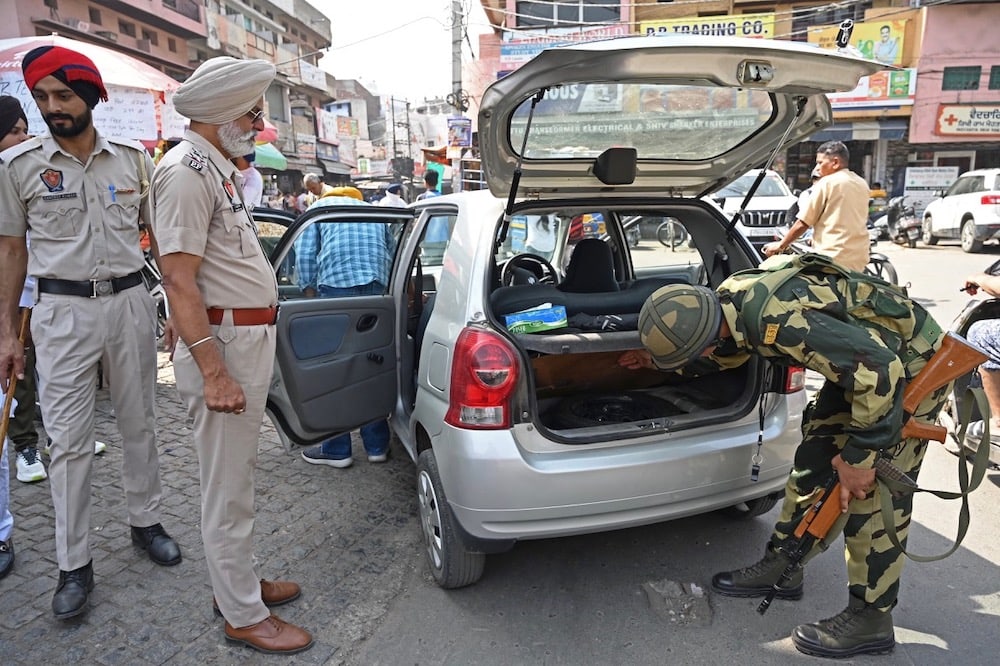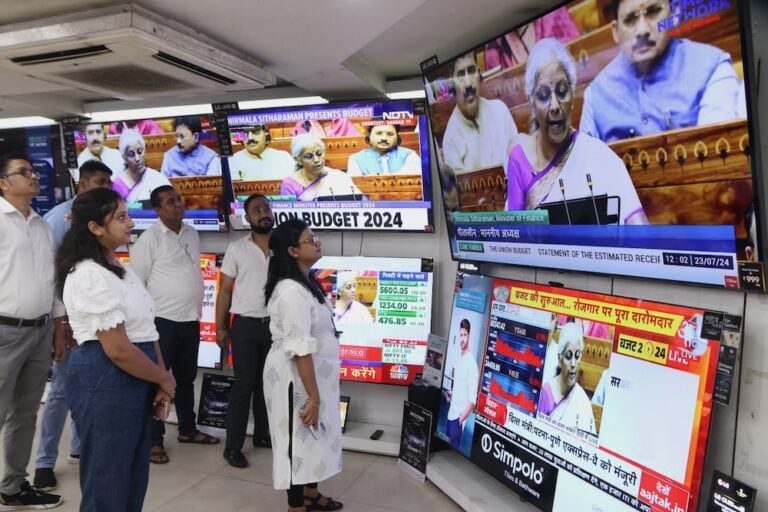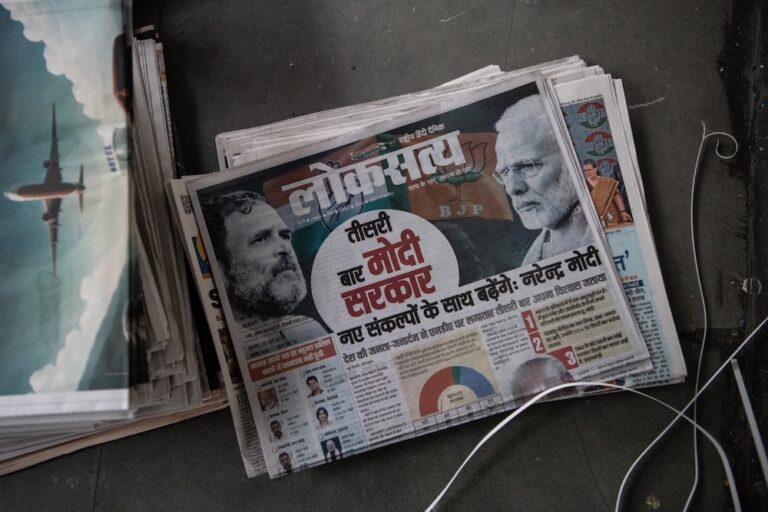Human Rights Watch interviewed more than 70 people, including those directly affected by internet shutdowns in several locations.
This statement was originally published on hrw.org on 13 June 2023.
Arbitrary restrictions incompatible with ‘Digital India’ mission
- India’s arbitrary internet shutdowns disproportionately hurt communities living with poverty that depend on the government’s social protection measures for food and livelihoods.
- In the age of “Digital India,” where the government has pushed to make internet fundamental to every aspect of life, the authorities instead use internet shutdowns as a default policing measure.
- The authorities should end the abusive practice of internet shutdowns, which carries grave costs for both the country’s reputation and its people.
India’s arbitrary internet shutdowns disproportionately hurt communities living with poverty that depend on the government’s social protection measures for food and livelihoods, Human Rights Watch and Internet Freedom Foundation said in a report released today. Since 2018, India has shut down the internet more than any other country in the world, undermining the government’s flagship “Digital India” program, which has made regular internet access vital for delivering key public services.
The 82-page report “‘No Internet Means No Work, No Pay, No Food’: Internet Shutdowns Deny Access to Basic Rights in ‘Digital India,’” finds that internet shutdowns impair essential activities and adversely affect economic, social and cultural rights under Indian and international human rights law. Indian authorities, in the name of maintaining public order, have ignored Supreme Court orders setting out procedural safeguards to ensure that internet suspensions are lawful, necessary, proportionate, and limited in scope and territory. Decisions by central and state government authorities to disrupt internet access are often erratic and unlawful, and are used for restricting protests and preventing cheating in examinations.
“In the age of ‘Digital India,’ where the government has pushed to make internet fundamental to every aspect of life, the authorities instead use internet shutdowns as a default policing measure,” said Jayshree Bajoria, associate Asia director at Human Rights Watch. “Cutting off access to the internet should be the absolute last resort with safeguards to ensure people aren’t deprived of their livelihoods and basic rights.”
Human Rights Watch interviewed more than 70 people including those directly affected by internet shutdowns in several locations, including in Jammu and Kashmir, Rajasthan, Haryana, Jharkhand, Assam, Manipur, and Meghalaya. Seeking accountability for internet shutdowns is made more difficult by lack of any official data on shutdowns.
India’s longest internet shutdown was in Jammu and Kashmir: the government shut down 4G mobile internet access for 550 days, from August 2019 to February 2021. In response, the Supreme Court in January 2020 held in a landmark judgment, Anuradha Bhasin v. Union of India and Ghulam Nabi Azad v. Union of India, that suspension of internet services is a “drastic measure” that must be considered by the state only if it is “necessary” and “unavoidable,”after assessing the “existence of an alternate less intrusive remedy.”
India’s laws regulating internet shutdowns use overbroad language and lack adequate safeguards. Human Rights Watch and Internet Freedom Foundation identified 127 shutdowns in the three years between the Supreme Court’s decision and December 31, 2022. Of 28 Indian states, 18 shut down the internet at least once during this period. This number does not include Jammu and Kashmir, where the authorities shut down the internet more than any other place in the country.
State governments used internet shutdowns in 54 cases to prevent or in response to protests, 37 to prevent cheating in school examinations or in exams for government jobs, 18 in response to communal violence, and 18 for other law and order concerns.
Eleven of the 18 states did not publish suspension orders as directed by the Supreme Court. Even those published in many cases did not justify the risk to public safety.
State governments across India also shut down the internet as a form of collective punishment. In March 2023, the entire state of Punjab was placed under a three-day mobile internet blackout to track down a separatist leader. In May, the state government of Manipur completely blocked the internet on both mobile and fixed line services for the entire month following ethnic violence.
Most shutdowns involve only cutting off access to the internet on mobile phones. But this translates into a near-total internet blackout in that region because 96 percent of subscribers in India use their mobile devices to access the internet, while only 4 percent have access to fixed line internet. Mobile connectivity is even more critical in rural areas, as 94 percent of fixed line connections are in urban areas.



